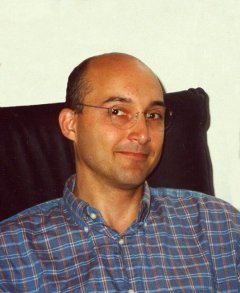Method of assessment and evaluation
The assessment examination consists of written and oral tests aimed at ascertaining the understanding of the theoretical and practical methods for the analysis and synthesis of analog and digital electronic circuits, maximum score 30/30 cum laude.
30 cum laude: complete, in-depth and critical knowledge of the topics, excellent language skills, complete and original interpretative ability, full ability to independently apply knowledge to solve the proposed problems;
28 - 30: complete and in-depth knowledge of the topics, excellent language properties, complete and effective interpretative skills, able to independently apply knowledge to solve the proposed problems;
24 - 27: knowledge of the topics with a good degree of command, good language skills, correct and safe interpretative skills, good ability to correctly apply most of the knowledge to solve the proposed problems;
20 - 23: adequate knowledge of the topics but limited mastery of them, satisfactory language skills, correct interpretative ability, more than sufficient ability to independently apply the knowledge to solve the proposed problems;
18 - 19: basic knowledge of the main topics, basic knowledge of technical language, sufficient interpretative ability, sufficient ability to apply the basic knowledge acquired;
<18 Insufficient: the student does not have an acceptable knowledge of the topics covered during the course.
Ultimo aggiornamento: 09-10-2024








